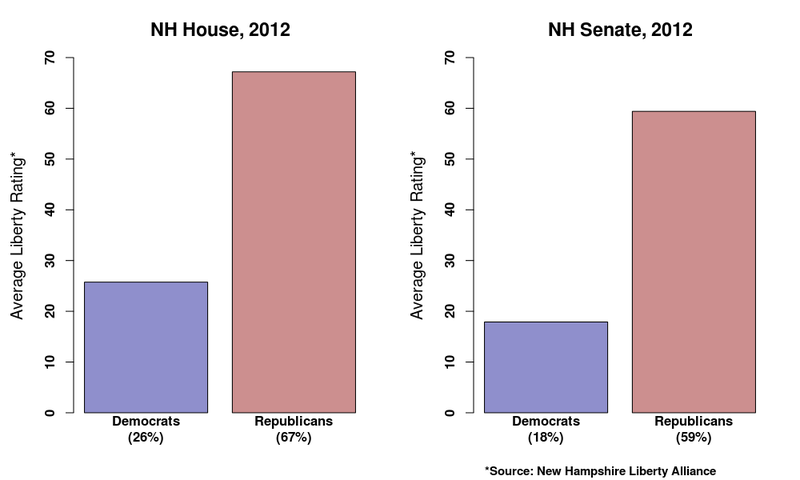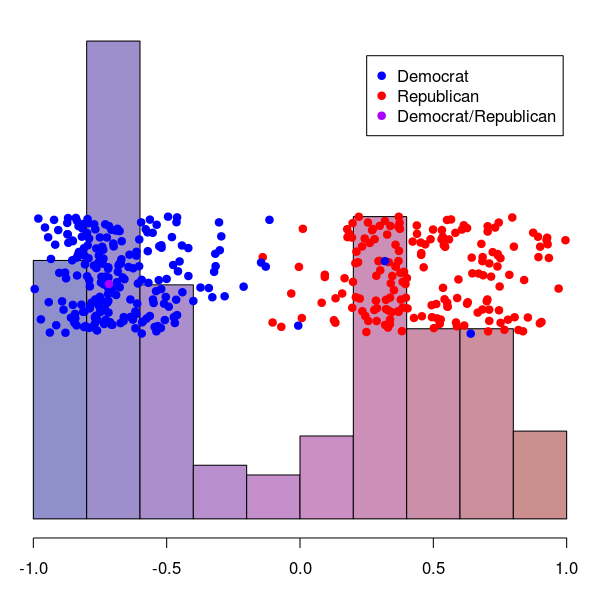The Vermont Progressive Party – a model for New Hampshire Free Staters
Published by Skeptikos on Aug 12, 2013
 What's the most successful third party in America?
What's the most successful third party in America?
In terms of total votes cast, it's the well-known Libertarian Party. But in terms of elected officials, it's Vermont's Progressive Party, and their methods are perfectly suited to Free Staters in New Hampshire.
Most third party candidates run against the two main parties. Progressives, on the other hand, usually cross-file as Democrats. Since their positions largely overlap with those of the Democrats, they go on to win their Democratic primaries, and get elected as Progressive/Democrats.
While this isn't a big deal to Democratic officials, for Progressives it's essential. The Vermont Progressive Party provides a platform from which to promote unheard views and bring new issues to the table. The party structure also creates a more centralized organization that can coordinate activism. A page describing the party strategy oozes with smart coordination.
Many libertarians instinctively oppose centralizing activism, vaguely reasoning that some kind of market mechanism will lead activists in the right direction. But they're wrong.
A large portion of Free Stater history can be explained, not as a market, but as a tragedy of the commons. Free Staters in Keene repeatedly tarnished the reputation of the Free State Project, and simply chose to ignore the damage they were doing to other activists' efforts. The FSP's reputation played the role of the commons, owned and maintained by no one, and it got trashed. As a result, Free Staters across the state had to deal with frustrating misconceptions about who they were and what they were trying to do.
The official Free State Project organization is in a tough spot here – it neither condones nor condemns any activism, on principle, and it has few other tools available to protect its reputation. If social norms fail, as they did in Keene, then the commons – the FSP's reputation – gets trashed.
Party organizations don't suffer from these limitations. They can condemn inappropriate actions from rogue party members. They can ask elected members to step down. They can work to prevent undesirable candidates from running under their banner. Where the FSP cannot maintain its brand, parties can.
And which major party would this new party work with? Though libertarians hate being pigeonholed as either 'right' or 'left', the answer's obvious. Here's a comparison of Democratic and Republican Liberty Ratings in the New Hampshire legislature:

In any case, many libertarians run as Republicans anyway. The new party would just add a new brand that could be carefully cultivated to make libertarian ideas and politics more appealing, and it would encourage political activists to work together to create a coherent plan of action. It's a no-brainer.
* * *
Read more about the Vermont Progressive Party's electoral strategy here.
